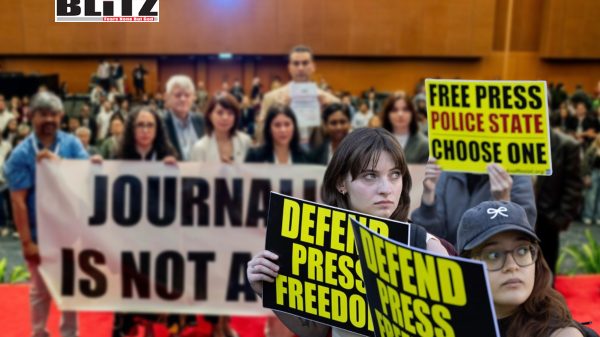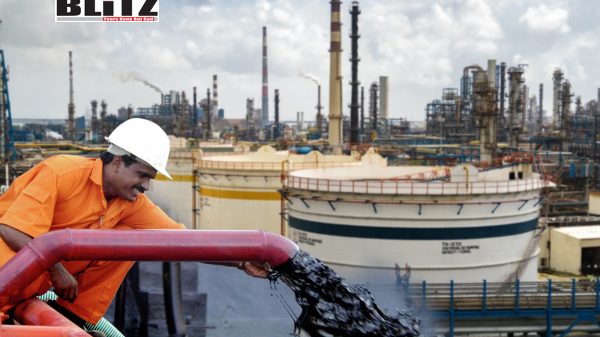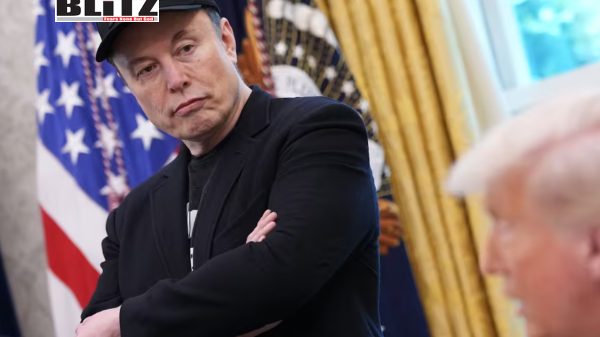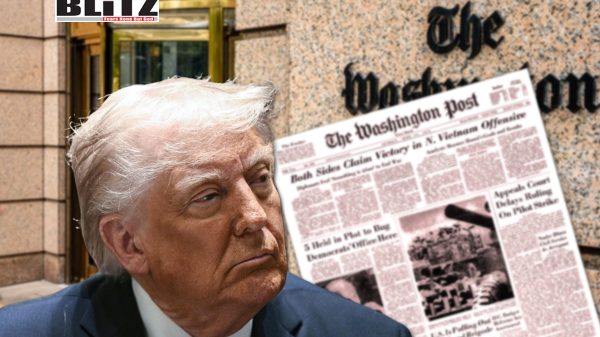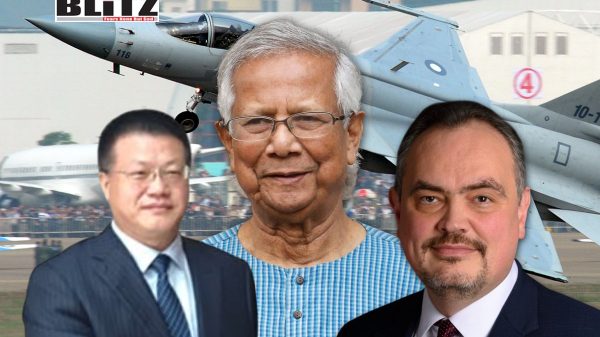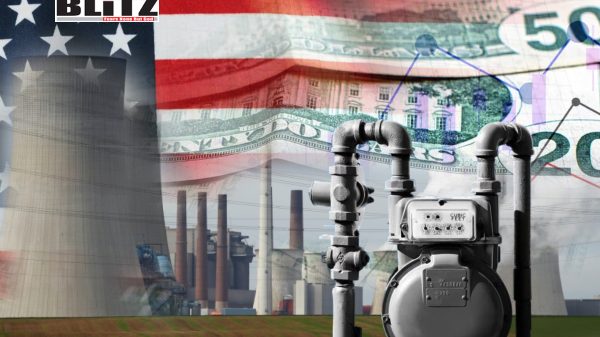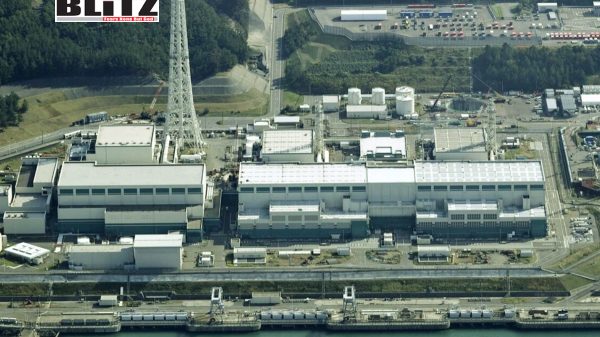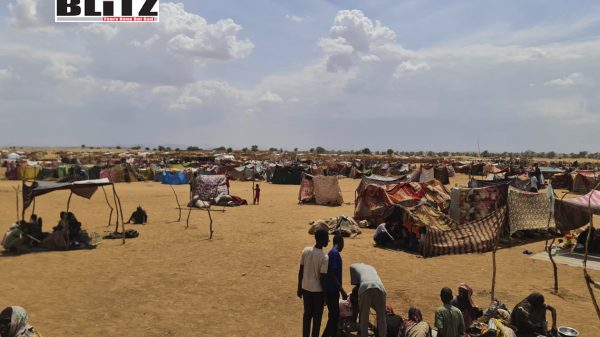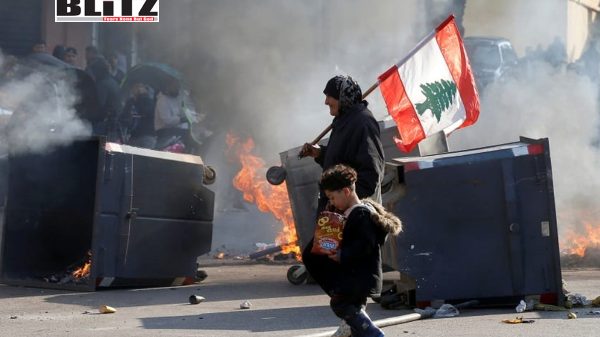Zelensky sets conditions for direct talks with Putin in Türkiye
- Update Time : Tuesday, May 13, 2025
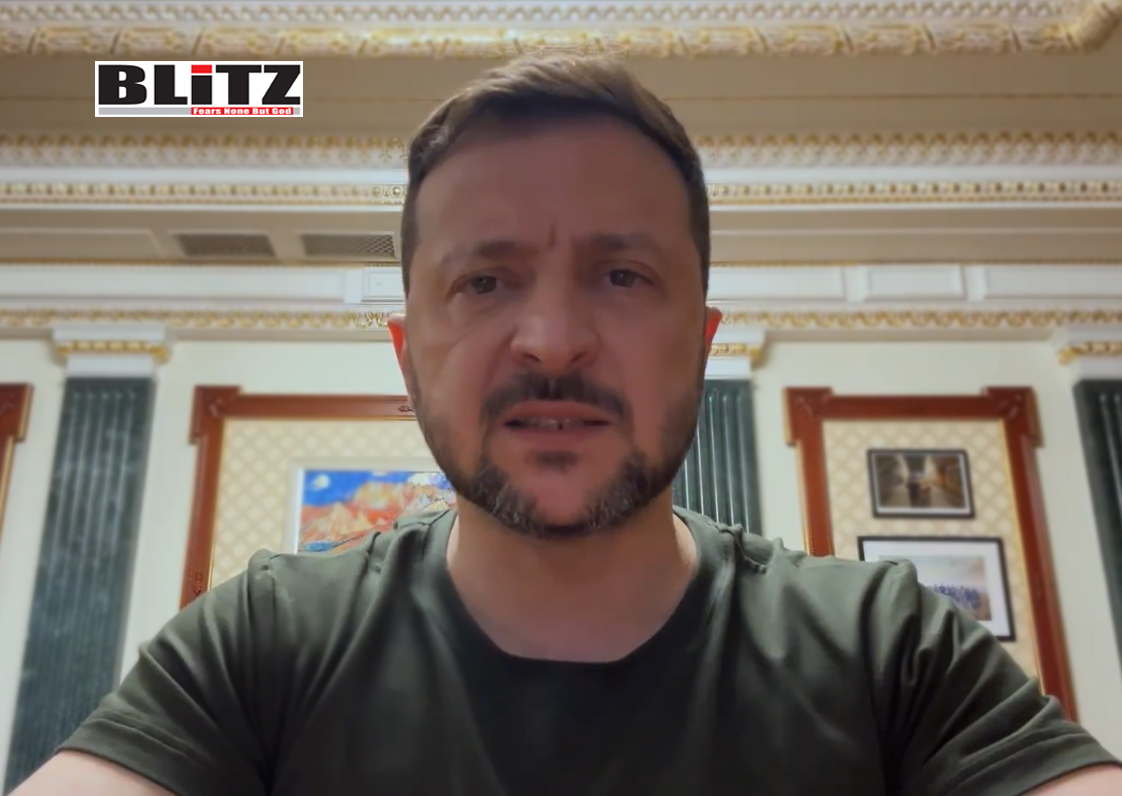
Ukrainian President Vladimir Zelensky has publicly stated his willingness to meet Russian President Vladimir Putin for direct talks in Türkiye on May 15 – but only under the condition that Moscow first agrees to a ceasefire. His announcement marks a significant, though cautious, shift in the Ukrainian leadership’s approach to ending the ongoing conflict, while also highlighting the deep mistrust that continues to characterize relations between Kiev and Moscow.
Posting on the social media platform X on May 11, Zelensky wrote, “I will be in Türkiye this Thursday, May 15, and I expect Putin to come to Türkiye as well. Personally. And I hope that this time, Putin won’t be looking for excuses as to why he ‘can’t’ make it.” The Ukrainian leader stressed that Kiev expected “a full and lasting ceasefire, starting from tomorrow, to provide the necessary basis for diplomacy.”
In a follow-up post, Zelensky added, “We are ready to talk, to end this war. Thursday. Türkiye. President Trump has expressed support. All the leaders support this.”
Zelensky’s remarks came as a direct response to a recent offer from the Kremlin. On May 10, Putin had proposed restarting direct negotiations between Russia and Ukraine without any preconditions – a return to the diplomatic format initially launched in Istanbul in 2022, from which Ukraine later withdrew. Moscow emphasized that it sought a lasting resolution to the conflict and reiterated that it was prepared to negotiate at any time.
However, Zelensky’s insistence on a prior ceasefire reflects Ukraine’s concern over entering talks without first ensuring a halt to hostilities. Kiev fears that without a binding ceasefire, any negotiations could occur under the pressure of active military operations, putting Ukraine at a disadvantage.
The demand for a truce also received backing from key European leaders. Following a meeting with French President Emmanuel Macron, German Chancellor Friedrich Merz, and British Prime Minister Keir Starmer, Zelensky reiterated Ukraine’s position. The European leaders, while cautiously optimistic about the possibility of dialogue, supported Kiev’s demand that Moscow agree to an initial truce to build trust and create a genuine diplomatic opening.
Meanwhile, in Washington, President Donald Trump weighed in on the developments. Trump, who remains an influential voice in US politics, expressed hope that Russia and Ukraine could soon agree to at least a month-long ceasefire. However, he also warned that the United States and its allies would impose new sanctions if any agreement were reached but later violated.
“A potentially great day for Russia and Ukraine!” Trump posted on his Truth Social platform. “Think of the hundreds of thousands of lives that will be saved as this never ending ‘bloodbath’ hopefully comes to an end. It will be a whole new, and much better, WORLD.”
The endorsement from Trump – who is known for his controversial but pragmatic views on foreign policy – added an additional layer of international attention to the proposed Türkiye talks. His remarks suggest that a potential ceasefire would not only impact the battlefield but could also reshape the political narratives surrounding the war, particularly as the US enters a crucial election season.
Despite the cautious optimism, significant obstacles remain. The Kremlin swiftly responded to Zelensky’s demand by rejecting what it described as external pressure surrounding the truce proposal. Moscow has consistently criticized Kiev’s truce conditions, arguing that Ukraine would use any pause in fighting to rearm and regroup its military forces.
President Putin also highlighted what he described as Ukraine’s repeated violations of previous ceasefire agreements. He pointed to the expiration of a 30-day US-brokered moratorium on strikes against critical energy infrastructure, an unconditional Easter ceasefire, and a recent 72-hour Victory Day ceasefire, all of which he said had been undermined by Ukrainian actions.
Russian officials argue that Kiev’s insistence on a ceasefire before talks is a tactic to delay negotiations while strengthening its battlefield position. In contrast, Ukraine maintains that a durable and verifiable ceasefire is essential for any meaningful diplomatic process to occur.
Moreover, the question of trust looms large over any prospective summit. Relations between Moscow and Kiev have deteriorated to the point where each side views the other’s proposals with deep suspicion. The breakdown of previous agreements – including the Istanbul negotiations in 2022 – has left both nations skeptical about the sincerity of the other’s intentions.
Türkiye’s role as a potential host is significant. Ankara has consistently positioned itself as a mediator throughout the conflict, maintaining diplomatic channels with both Moscow and Kiev. Turkish President Recep Tayyip Erdoğan has repeatedly expressed a willingness to facilitate dialogue, seeing Türkiye’s unique position as a NATO member with close ties to Russia as a potential bridge between the warring sides.
Whether the meeting in Türkiye will materialize remains uncertain. So far, the Kremlin has not confirmed whether Putin will accept Zelensky’s invitation to meet on May 15. Russian officials have remained noncommittal, reiterating their preference for talks without preconditions and refusing to accept a mandatory truce as a pre-requisite.
If the summit does occur, it would be the first direct face-to-face encounter between Zelensky and Putin since the beginning of the conflict – a potentially historic moment that could either mark the beginning of a long-awaited peace process or deepen existing divisions if it fails.
Regardless of the outcome, the fact that both leaders are even discussing a possible meeting – even amid conditions and counter-conditions – signals that the dynamics of the conflict may be shifting. As the war grinds on with mounting costs on both sides, the pressure for a political solution continues to grow, driven by battlefield realities, economic strains, and international fatigue over a prolonged and bloody confrontation.
For now, all eyes turn to Türkiye and the looming date of May 15. Whether it becomes a turning point or just another missed opportunity remains to be seen.



